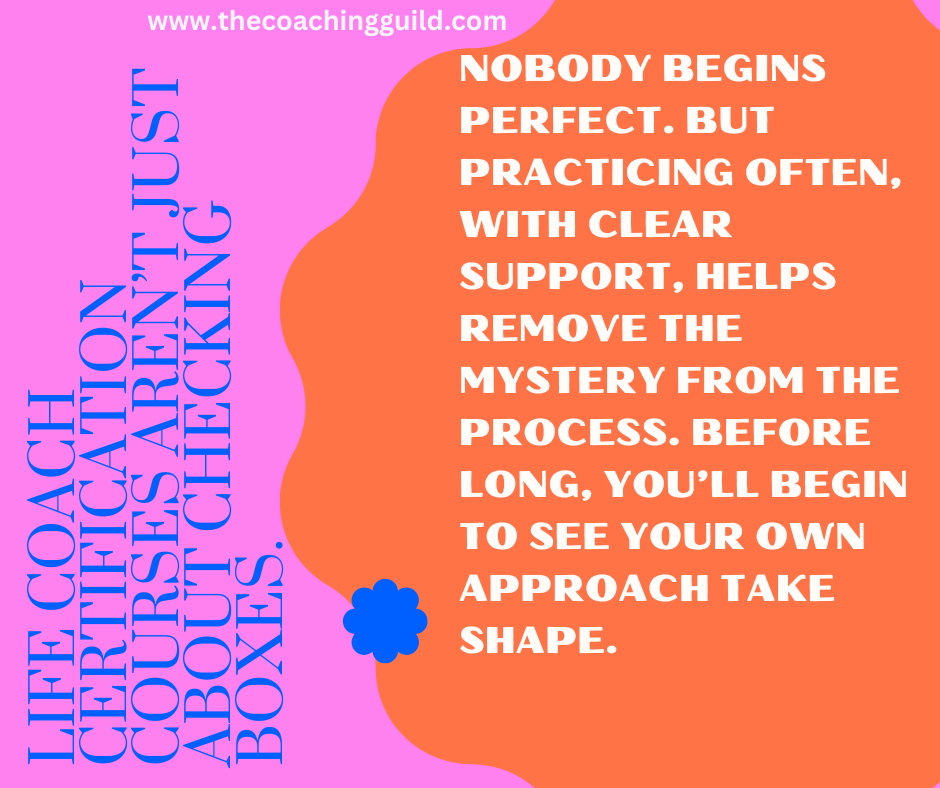Starting Your Coaching Practice While Working a Full Time Job Might be Your Best Bet
You might want to keep that full time job longer than you think you do
Starting a coaching practice with The Coaching Guild can be a daunting task, especially if you're still working a full-time job. But with a little planning and some hard work, it's possible to make the transition from employee to business owner while still maintaining a steady income.
One of the biggest challenges of starting a coaching practice with The Coaching Guild is finding the time to do it. If you're working full-time, it can be tough to find the time to invest in building your business. But with a little creativity, you can make it work.
One option is to start your coaching practice on the side, while you're still working your full-time job. This allows you to build your business slowly and steadily, while still having the security of a regular income. This also gives you the opportunity to test the waters and see if coaching is the right fit for you before making a full-time commitment.
Starting a coaching practice with The Coaching Guild can be a daunting task, especially if you're still working a full-time job. But with a little planning and some hard work, it's possible to make the transition from employee to business owner while still maintaining a steady income.
One of the biggest challenges of starting a coaching practice with The Coaching Guild is finding the time to do it. If you're working full-time, it can be tough to find the time to invest in building your business. But with a little creativity, you can make it work.
One option is to start your coaching practice on the side, while you're still working your full-time job. This allows you to build your business slowly and steadily, while still having the security of a regular income. This also gives you the opportunity to test the waters and see if coaching is the right fit for you before making a full-time commitment.
Another option is to use your full-time job as a way to gain experience and build your coaching skills. Many jobs, especially in the fields of education, human resources, and social work, can provide valuable experience that can be applied to coaching. By leveraging your existing skills and experience, you can start building your coaching practice while still working your current job.
In either case, it's important to have a clear plan and set goals for your coaching practice with The Coaching Guild. This will help you stay focused and motivated, and will ensure that you're making progress towards building a successful business. It's also important to network and connect with other coaches, as this can provide valuable support and advice as you start your coaching practice with The Coaching Guild.
Overall, starting a coaching practice with The Coaching Guild while still working a full-time job is a great way to make a safe and steady transition into entrepreneurship. By taking it slow and being strategic, you can build your business and gain experience, while still having the security of a regular income.


